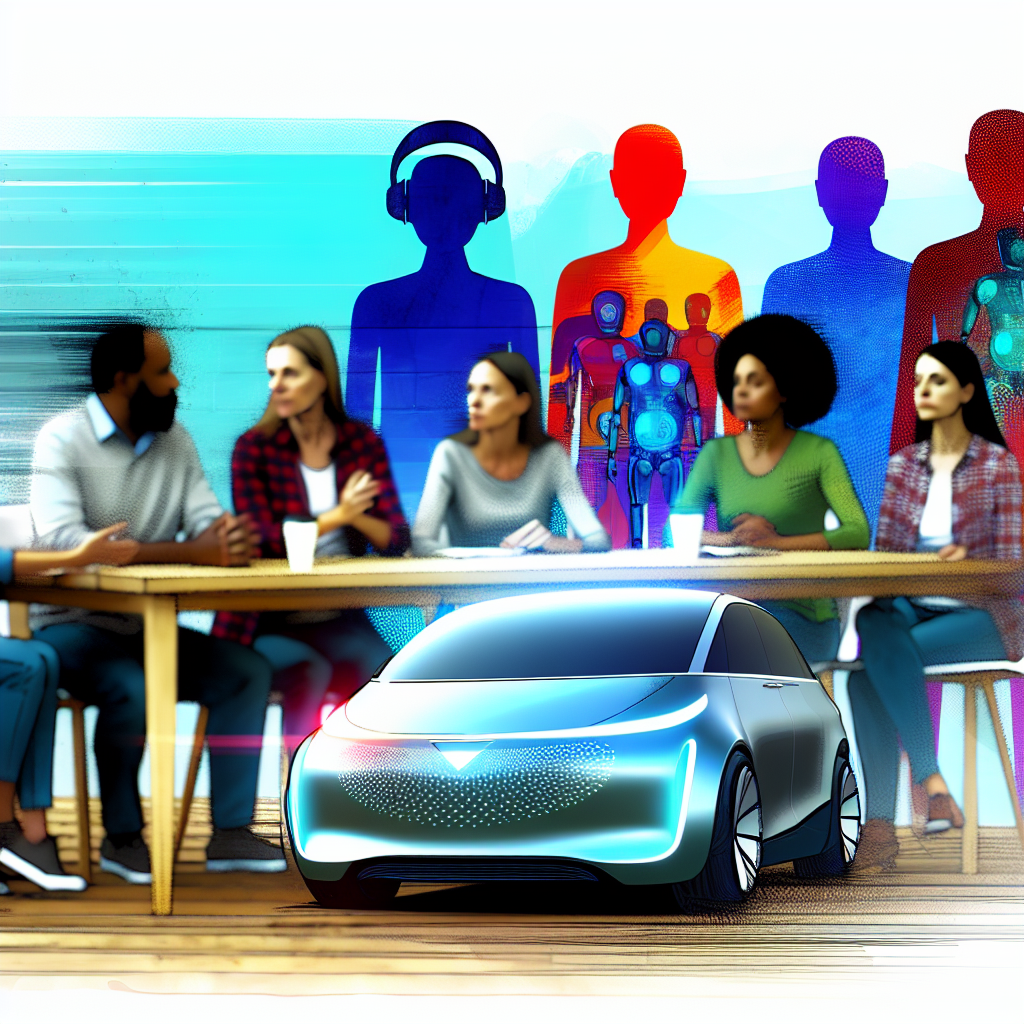Waymo has announced the launch of new family-linked teen accounts in the Phoenix metropolitan area, expanding the reach of autonomous ride-hailing services to younger riders. The new service allows parents to create profiles for teenagers aged 14 to 17, enabling them to independently hail rides and share their trip status directly with parents.
This rollout positions Waymo in competition with similar services launched by companies like Uber, which also provides teen accounts in Phoenix and elsewhere in the U.S. Offering this service addresses potential parental anxiety about teenagers travelling alone with human drivers, despite assurances from companies such as Uber about comprehensive background checks and high standards for drivers.
Autonomous vehicles could simplify some regulatory challenges involved with transporting minors, especially in states like California, where ride-hail drivers carrying children are currently required to complete fingerprint-based background checks. However, autonomous vehicles create their own unique set of trust and safety questions, notably whether parents will feel confident placing their children in cars operated solely by artificial intelligence.
Concerns related to the transportation of minors aren’t new. While Uber and Lyft have stressed their efforts to train drivers to detect human trafficking and prevent abuse, there have been instances where measures have fallen short, leading to troubling incidents involving underage passengers.
When asked how Waymo guarantees that teenagers linked to adult accounts are indeed family members, or how it handles situations where additional passengers enter the vehicle, the company did not detail its verification processes. However, Waymo emphasized safety as its core principle, highlighting access to 24-hour specialized support teams trained to assist teenagers during the entire ride experience, including contacting parents when necessary.
In launching the teen accounts, Waymo underscored its commitment to safer transportation options, pointing out the disproportionately high rate at which teens experience traffic accidents.
The teen-focused program begins exclusively in Phoenix but is expected to broaden to other markets outside California where Waymo’s app is active. Alongside established operations in Los Angeles and the Bay Area, Waymo currently provides commercial robotaxi services in cities including Austin and Atlanta through partnerships with Uber. Further plans include extending service availability to Miami later this year and Washington, D.C. in 2026. Waymo also hinted at future expansions through its network partners, which could soon enable teenagers in additional markets to access autonomous ride-hailing services directly through apps such as Uber.









